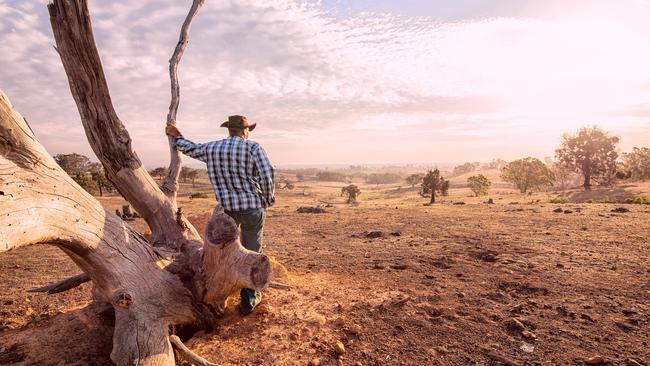Thousands of migrant workers needed to fill regional vacancies

Many believe one of the problems with plans to decentralise our population is too few jobs in rural and regional Australia.
Not true. Permanent skilled and unskilled migrants are needed in many areas.
And simple reforms to immigration policy with support from rural communities to settle new permanent migrants will help take pressure off major cities.
The government is clearly moving on regional migration issues. Scott Morrison has announced a plan to channel jobseekers into temporary farm work, which is one specific regional workforce need. And Cities, Urban Infrastructure and Population Minister Alan Tudge has flagged the possibility of a five-year regional visa to connect migrants with permanent regional jobs.
If a new visa is created for regional migration it should be about providing incentives and rewards for migrants with regional aspirations and skills who commit to settling there. Reform is about securing the right migrants for regions, not forcing city-focused newcomers to move elsewhere.
Data from the government’s Internet Vacancy Index shows why new permanent migration to regions is critical. In July there were 46,000 job vacancies in regional Australia. This is up by 23 per cent from February 2016. During this period capital city vacancies rose 12 per cent.
This need is not about temporary farm work. Today’s vacancies are a mix of high-skill and low-skill jobs — everything from labouring, to sales, trades and professions. In the Pilbara, with the mining boom long gone, there are about 1600 vacancies including 553 trades (automotive), 332 professionals (engineering and health), 238 machinery operators, 155 labourers and 128 clerical staff.
In the Riverina, there are 1070 vacancies, including 325 professionals (many medical), 159 trades (automotive), 139 clerical and 106 labourers.
In far north Queensland there is a minor jobs boom, with 1073 openings in trades (most in automotives), 889 for professionals (medical), 553 clerical and 483 machinery operators. Our networks and examples documented in the Regional Australia Institute’s The Missing Workers report show many smaller rural towns will have similar unmet needs that are not effectively captured in the broader national data.
Experience shows migration from other areas of Australia on its own won’t meet these needs. A targeted international migration plan could do some of the heavy lifting when workers are needed.
Reforms to existing designated area migration agreements are key to targeting regional needs. Today’s system is too slow, little used and onerous. Future agreements need to be more widely used, more responsive to the diversity of job shortages, and implemented within three months rather than two years.
Identifying the right migrants and ensuring they stay is all about local communities being involved rather than focusing on legislated visa reforms.
Locally led migration strategies such as those developed in Dalwallinu in Western Australia and Pyramid Hill in Victoria have led to long-term growth in the local workforce. This success can be replicated in hundreds of communities.
We will soon issue a toolkit to help those small communities. A small commonwealth investment directed to the towns that have put their hand up to lead local migration efforts will help to secure the gains from national policy changes.
Recent research in Bendigo confirms the economic impact of regional migration. Settlement of the Karen population over the past 10 years has been valued at $67.1 million. And an additional 177 full-time-equivalent jobs have been created.
This outcome, if replicated around the country, will be an enormous benefit to regional economies while taking some pressure off our overburdened capitals.
Jack Archer is chief executive of the Regional Australia Institute.



